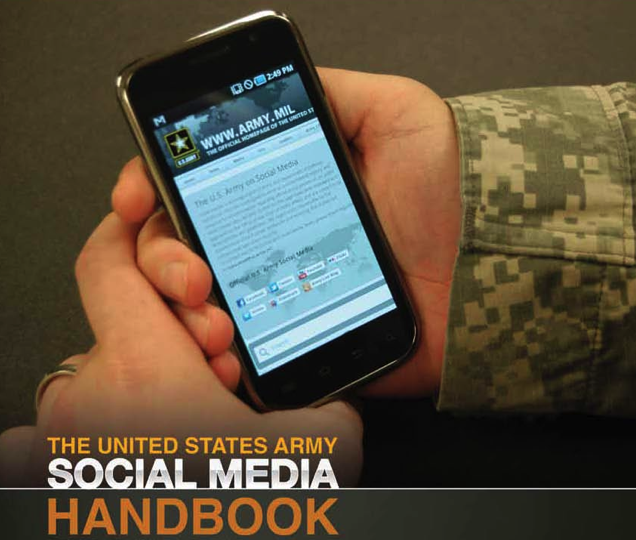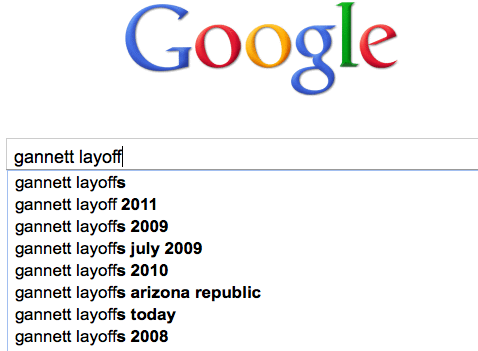Washington Post metro reporters now "get to work from home, forever." Web traffic to daily deal sites plummets. And Jack Shafer says you'll probably be laid off later this afternoon.
In the wake of this week's layoffs at Slate, is it time to reconsider its general interest model? Are Groupon's flaws the result of poor management, or are they more systemic? And can you tell the difference between the social media guidelines of the U.S. Army and ESPN? A pop quiz awaits!
Why do people pay for the New York Times online when its paywall is so easy to get around? How much are people now willing to pay for news content? And why are some digital news startups branching out into print? READ ON.
Groupon's adjusted CSOI is officially out. AOL's inexpensive shares are surprisingly in. And Gannett makes a bid to be next season's "it" brand.
Google News gets (kinda) human while Google+ piles on the users, the problem with promoted tweets, and building "a newsroom time machine."
The early success of the New York Times paywall, Groupon's "bullshit accounting" principles, and Gannett makes a play for the daily deal space.
This week: HuffPo's hypocrisy, social media best practices, and putting QR codes to use.
The AP warns reporters not to act like human beings on social media. Patch stretches its definition of what qualifies as hyperlocal. And the Business Insider unveils a novel way to deal with unruly commenters.
Google takes another stab at social media. Another week, another overvalued tech IPO. And it was a bad week for MySpace and grammar geeks.
This week: Gannett lays off 700 employees and shutters money-losing alt-weekly wannabes. AOL considers charging users for content. And get ready for the "Reverse Groupon."










